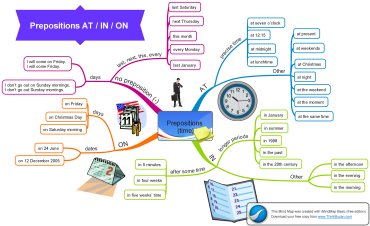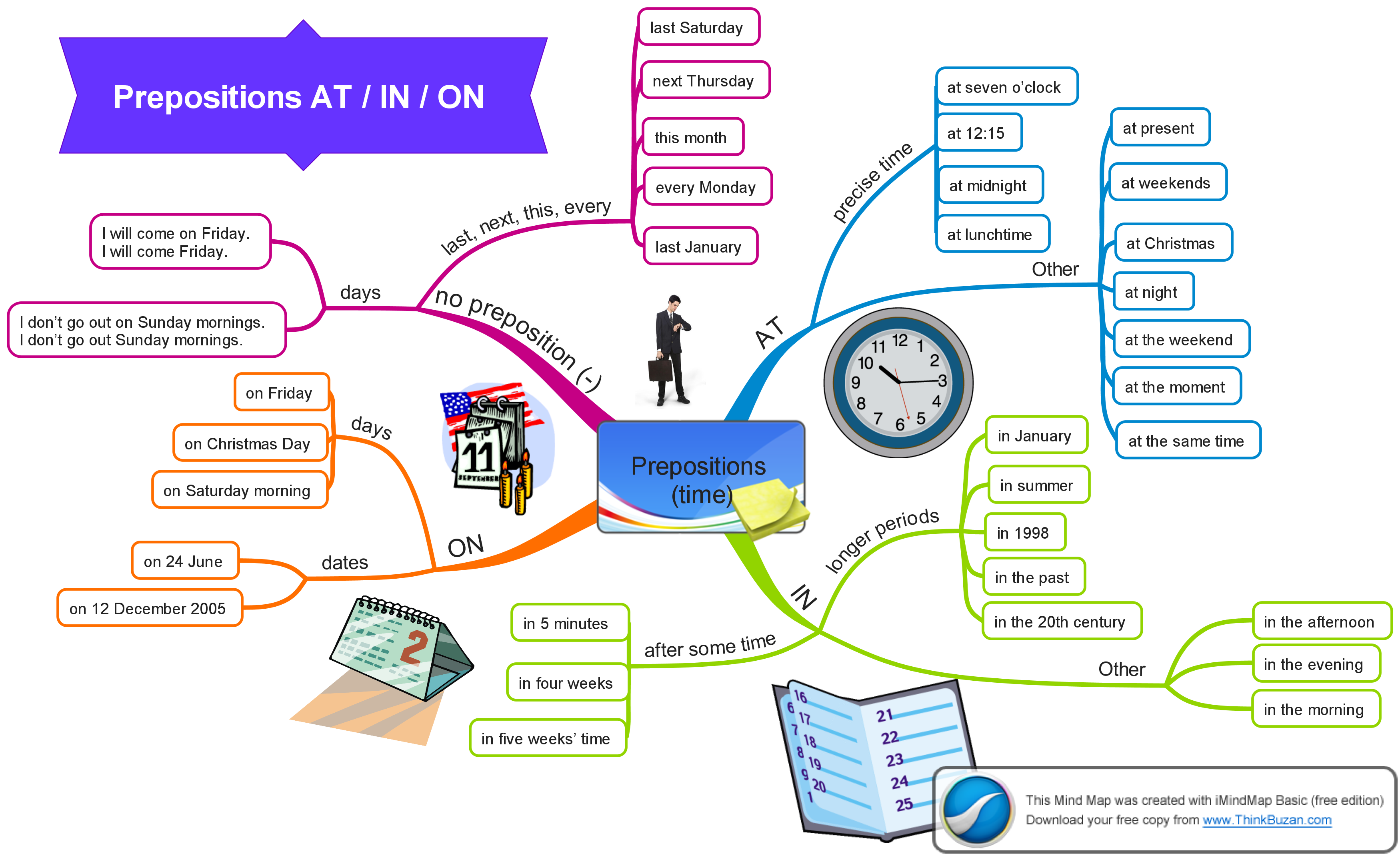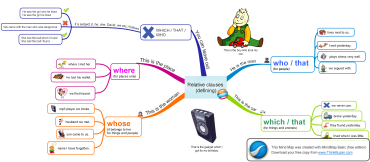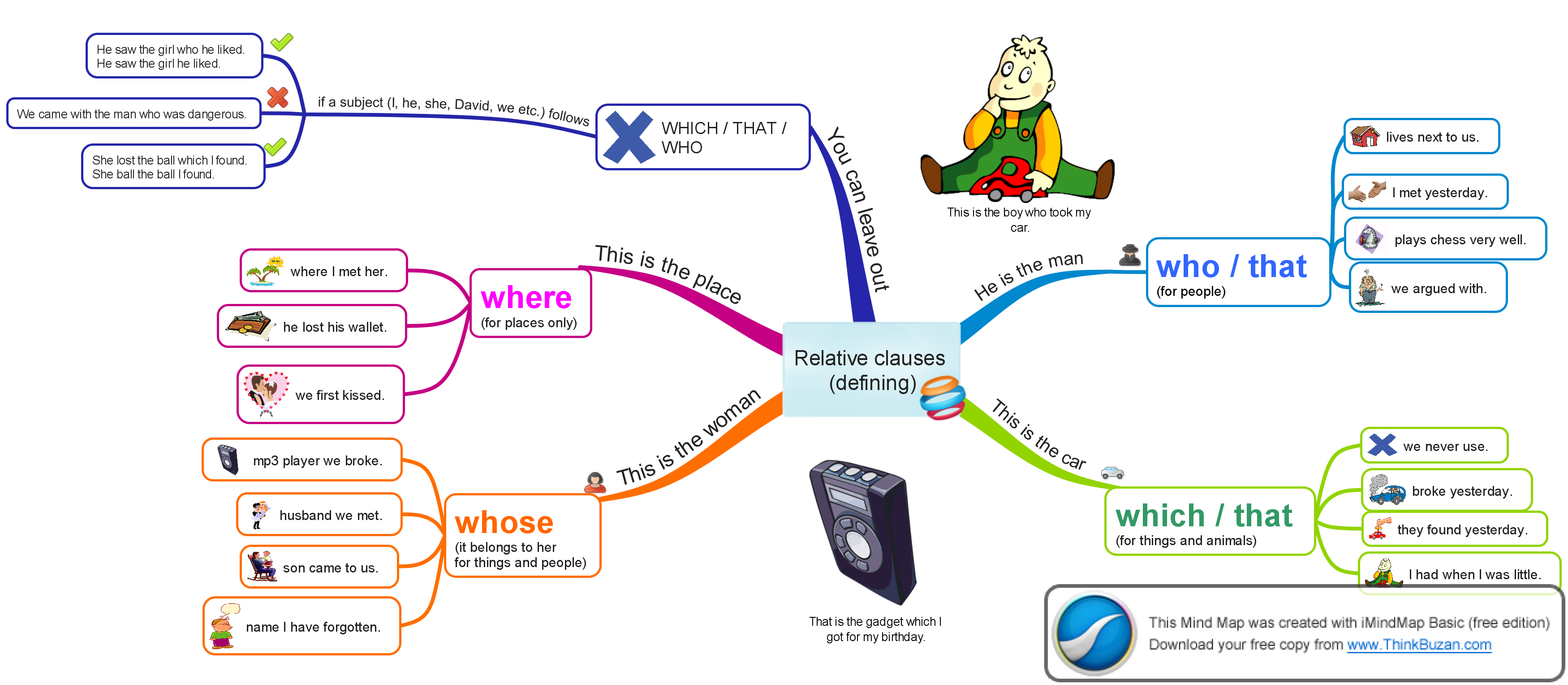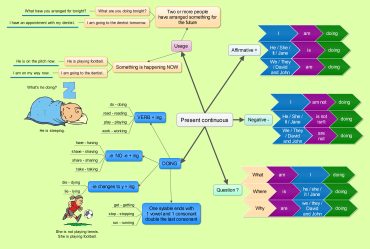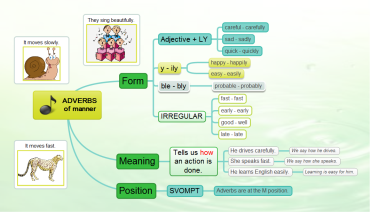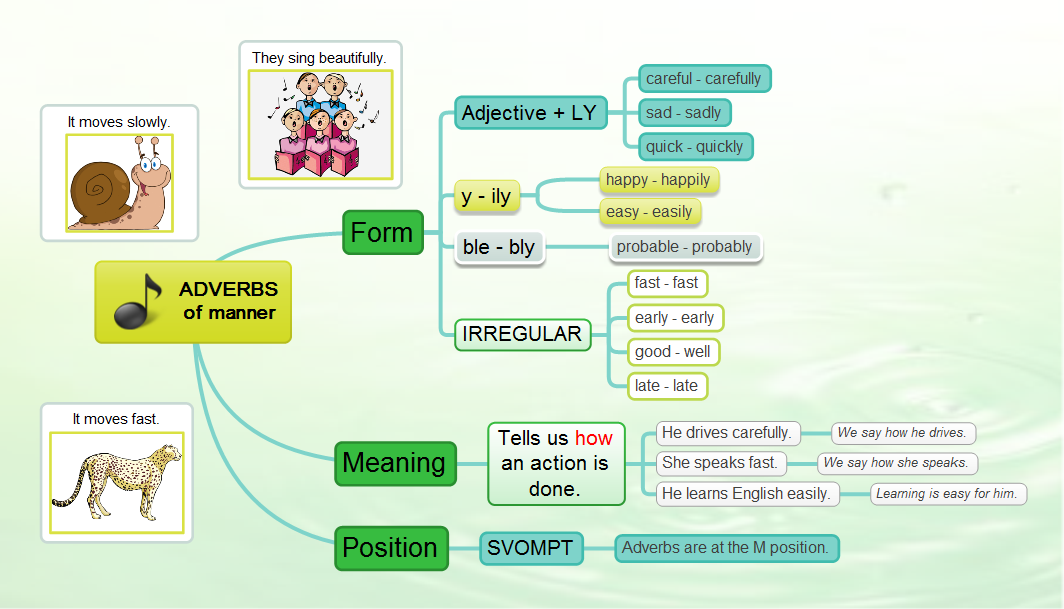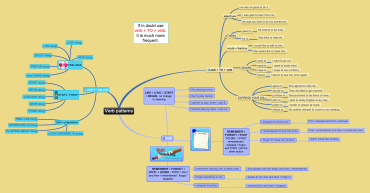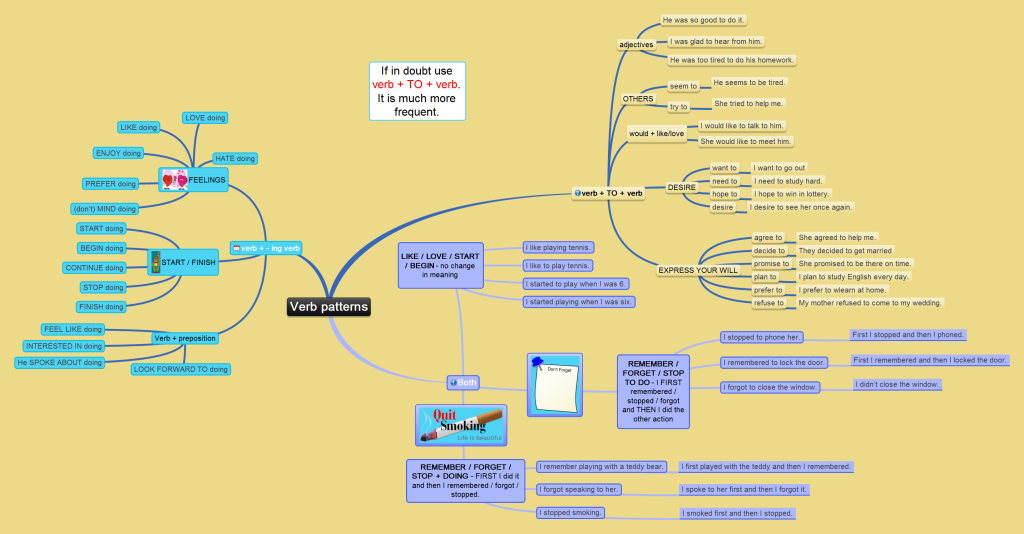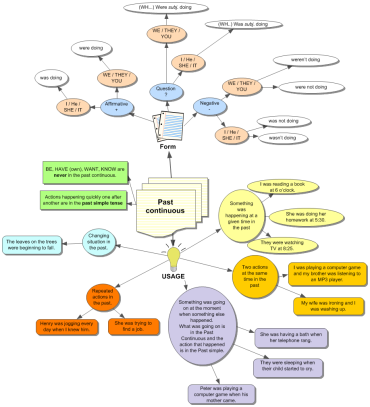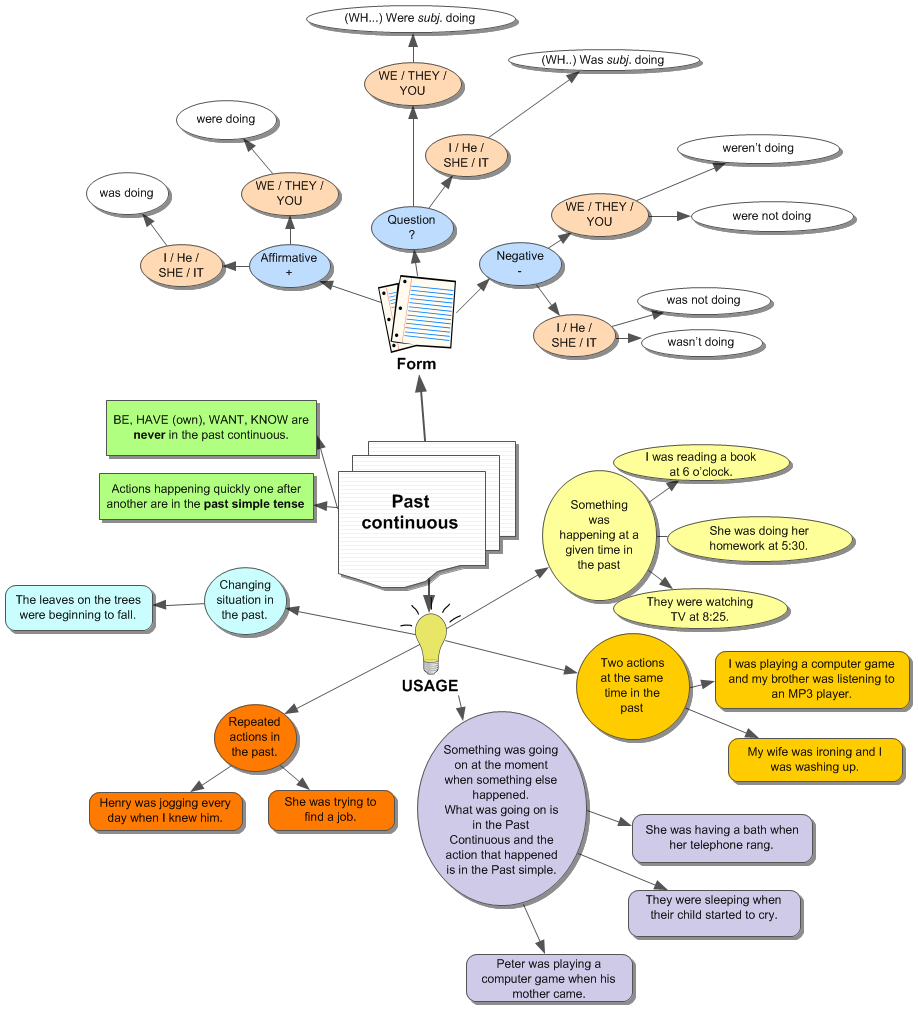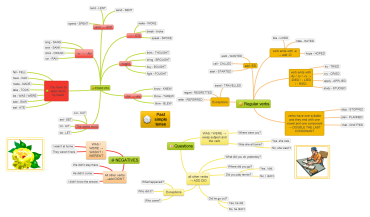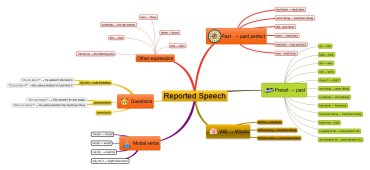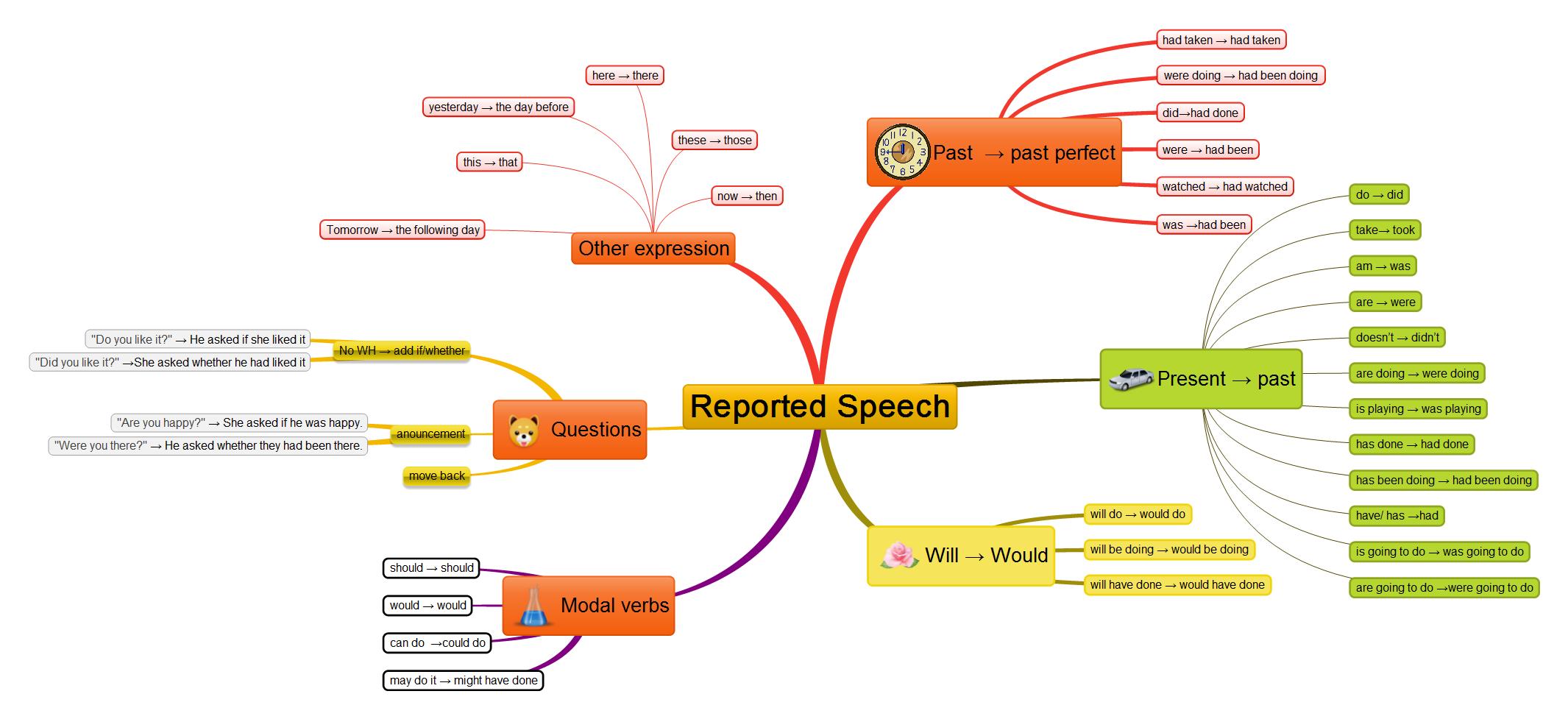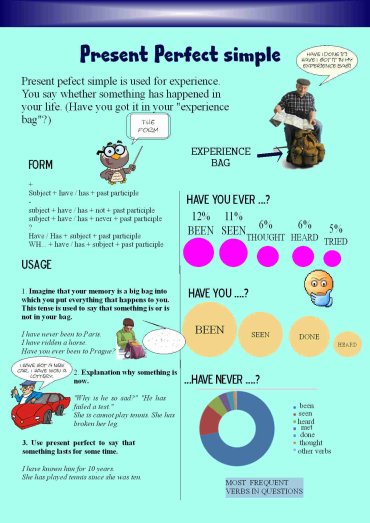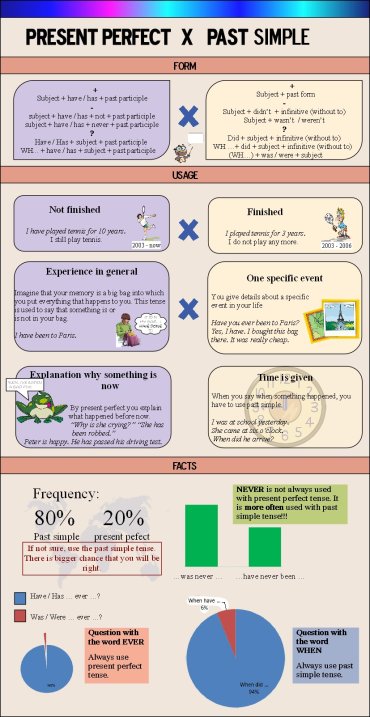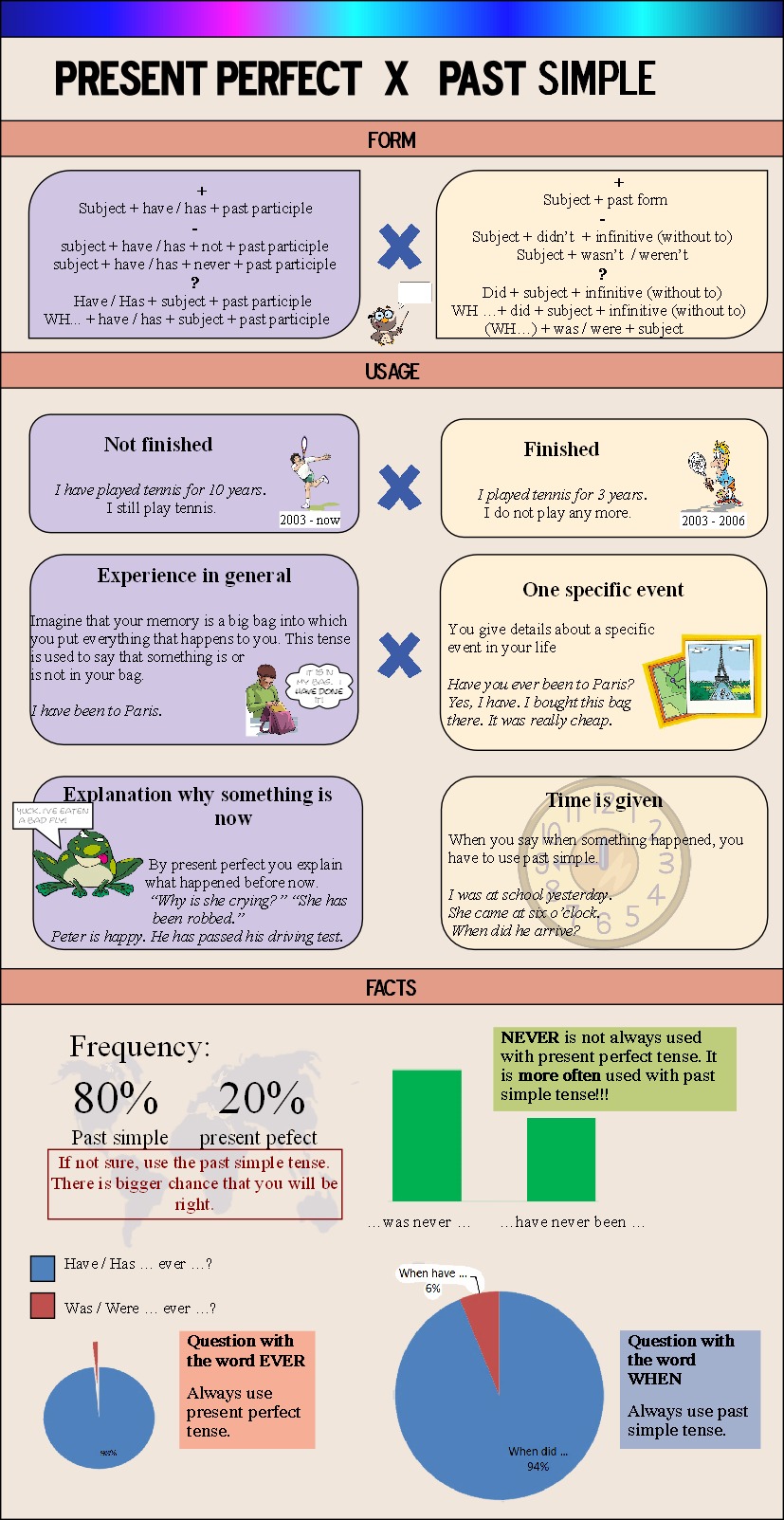Many students have problems with the prepositions AT, IN, ON. Prepositions are such small words with nearly the same meaning that it seems that you can use any of them. But that is not true. If you want to sound well, you have to be careful with the prepositions. And believe me, it is not so difficult to use the prepositions AT, IN, ON for time expressions correctly. There are many clear rules and only a few exceptions.
Prepositions AT IN ON for time – mind map
Go through the mind map. Start at 1 o’clock and then go clockwise. There are the rules of usage for the prepositions AT, IN, ON.
At the end of the mind map you will see that if you use the words NEXT, LAST, EVERY or THIS, there is no preposition in front of these words. (You cannot say “ON NEXT FRIDAY”).
ADVERTISEMENT:
[showmyads]
Prepositions AT, IN, ON for time – games
If you want to really learn the prepositions correctly, you should practise them as often as and as much possible. Here there are three games to make your training more enjoyable. In the games there are 48 different phrases with the prepositions AT, IN, ON. If you finish all the games I am confident that you will know the usage of these prepositions fairly well.
The first game is called Teacher invaders. You should shoot all the Invaders and after some time you have to fill in the correct preposition in the sentences. Good luck.
Prepositions AT IN ON – Teacher invaders game.
The second game, HOOP SHOOT, is slightly easier as you have to pick the correct option and then stop the sliders in the center of the basket.
Prepositions AT IN ON – Hoop shoot game.
The third game is a more of a traditional quiz. Read the text and complete it with the prepositions AT IN ON. If you get more than 70% of your answers correct you will get to play the game called Indiara. Good luck!
Prepositions AT IN ON – Cloze test.
Follow us
Do you think that the materials at this site are useful? Would you like to be first to learn about our new posts? So follow us on TWITTER:
Follow @Zdendaa
Category: English games, Grammar, Intermediate
Defining relative clauses are quite easy to understand and use. The name of the grammar sounds horrible but in fact you just need to know when you should use the words “which”, “that”, “who” and “whose”. I like teaching this piece of grammar as the students quickly get the idea and they are able to use it immediately. In this post on defining relative clauses you can find a mind map and three games to practise the grammar point.
Defining relative clauses – mind map
Always read the map clockwise. Start at the top (1 o’clock) go around the mind map.
ADVERTISEMENT:
[showmyads]
Defining relative clauses – games
Now that you understand the theory it is time to try it out in the real world. You can find here three games to practise defining relative clauses. First is called “Penalty”. Your task is to choose the correct option and then to score a goal.
Defining relative clauses – Penalty
The second game is slightly more difficult. It is called En garde and you have to be careful because most of the time you have to choose the option which is NOT correct. However, there are one or two items where you should choose the correct one. So pay attention.
Defining relative clauses – En Garde.
The last exercise might not seem like a game at all. It looks more like a test. You have to fill in the missing words. However, if you manage to get more than 80% of your answers correctly you will get to a page where you can play a game called “Angry finches” as a reward. So give it a try.
Defining relative clauses – Cloze test.
Other games to learn English
By now our site contains a lot of games and mind maps to help you learn English. We think you should try for example the games on present perfect tense or on reported speech.
Other activities worth trying are vocabulary games on Clothes, Christmas or Personal qualities.
Follow us
Do you think that the materials at this site are useful? Would you like to be first to learn about our new posts? So follow us on TWITTER:
Follow @Zdendaa
When I was preparing the lesson on Clothes I knew that at the same time the elementary students will have to learn the present continuous tense. And as I had a little time to spare I prepared the following activities for them to learn this grammar point.
Present continuous tense Mind map
Once again I present the tense using the following mind map where I try to explain the form and basic usage of the tense.
Advertisement:
[showmyads]
Present continuous tense games
Now that you know the theory it is time to use it in the games. The first two games – Penalty and Hoopshot – test your knowledge of the form and of the usage of the present continuous tense. The third game test your ability to form the verbs with -ing ending in the correct way.
So good luck and you can play:
Present continuous tense – penalty game.
Present continuous tense – hoop shoot game.
Verbs with -ing ending – teacher invaders game.
More games
If you are an elementary student trying to learn English the following games and mind maps might be useful for you.
As I mentioned above our previous post deals with CLOTHES and can find there a video, mind map and four games to practise this vocabulary set.
Then you should certainly try our post dealing with past simple tense. There is a mind map explaining the usage and form of the past simple tense. Moreover, there are several games where you can learn the past forms of irregular verbs. So, do not hesitate and try our Past simple post.
If you think that you need to learn or practise more vocabulary, there is a post dealing with food. There is a mind map with the pictures of different kinds of food and then there are games where you can practise what you have learnt.
Follow us
Do you think that the materials at this site are useful? Would you like to be first to learn about our new posts? So follow us on TWITTER:
Follow @Zdendaa
I like teaching adverbs to students because it is very simple, there are only a few exceptions and you can see that they have learnt something immediately. Adverbs are an easy grammar point and students can use them in the same lesson and feel that they achieved something.
ADVERT:
[showmyads]
Forming adverbs – infographic
Forming adverbs – games
Adverbs – half a minute game. You have 30 seconds to put the letters into the correct order to create the right adverb.
Adverbs – Teacher invaders. Your task is to shoot all the invaders but from time to time you have to form an adverb from the given adjective.
Adverbs – Penalty game. In this game you should choose the correct option to complete the sentence. If you get it right you will have a chance to shoot a penalty.
Adverbs – Hoopshoot game. Choose the correct option and then score.
I hope you enjoyed the lesson and that your knowledge of adverbs is much better than it was a few minutes ago. If not look at the links section, too.
Forming adverbs – links
Here is a great video explaining what adverbs are. I believe it can be used for teaching English as ESL too. Enjoy.
My pre-intermediate students are confused by all the different verb patterns. So the last two weeks I spent designing a mind map that would help them. It is in no way a comprehensive description of the grammar, but I feel quite happy about it. Looking for some rules I discovered that the pattern verb + to + verb is much more common than verb + verb-ing.
So my advice to my students is: “If in doubt, use TO + verb.” I hope this mind map will help you understand the verb patterns too.
ADVERTISEMENT
[showmyads]
To practise the verb patterns you can try the following games.
The first game is called Penalty Shootout. Your task is to choose the correct answer and then score a goal. To be able to play the game, you need to download the file and then open it in Acrobat Reader by Adobe.
To practise the verb patterns you can play the following game. Its name is En Garde. Your task is to choose the correct answer and then stop the target as close to the centre as possible. Hopefully, you will be faster and more accurate then your opponent. The game is in Flash and will play only if you download the file and open it in Acrobat Reader by Adobe.
Enjoy.
If you like this post, you can re-tweet it here:Tweet
I have read a lot of articles and explanations about the past continuous tense. Here I try to sum up everything that I have learnt to a visually appealing mind map and under the map you can find three games to practise the tense. Let’s start with the mind map:
Advertisement:
[showmyads]
Here are three games to practise the grammar point:
The first game is called Penalty Shootout. In this game you should choose the correct past tenseand then try to score a goal. Good luck. To play this game, click the download button and then open the file in Adobe Reader. (The game will not play in a browser).
The second game is called Hoopshoot. Once again, you have to choose the correct answer and then try to score. To play this game, click the download button and then open the file in Adobe Reader. (The game will not play in a browser).
If you want to be the first to know about our new posts follow us on TWITTER:
Past simple is one of the most important English tenses. Scott Thornbury once wrote that he would sacrifice all the perfect tenses and other grammar if he could teach past simple properly. I agree with him, because if the students could you this tense, then I would probably forgive them everything.
Basic English grammar rules – infographic
ADVERTISEMENT:
[showmyads]
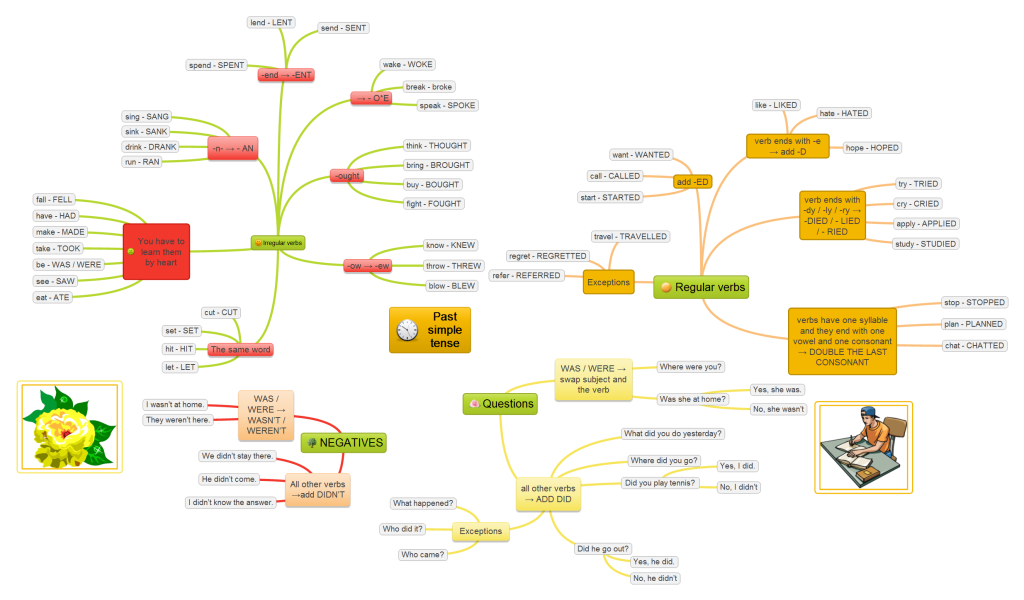
Basic English grammar rules – online quiz
During the week more activities on Past simple tense are coming. Watch out for them.
To be the first to learn about our latest games and activities follow us on TWITTER:
Follow @Zdendaa
Reported speech is quite difficult. Students are often confused why the tenses change and what they mean. Here they will get a chance to understand the grammar point better.
Reported speech – video
Advert:
[showmyads]
The second explanation is based upon the Grammar challenge by BBC too. This time they explain the reported questions. Right click the link below and download the file. Then open it in Adobe Reader, otherwise it will not play.
Grammar challenge reported questions
Reported speech – mind map
Reported speech – online quiz
To play the game, click the download button in the upper right-hand corner of the screen. Then open the downloaded file in Adobe reader (it is free) and it will work.
Follow us on TWITTER:Follow @Zdendaa
Many students do not understand the present perfect tense. Here is an infographic which should make the present perfect tense easier for students to understand.
(more…)Many students find the difference between present perfect tense and past simple very confusing. To help them I have created the following infographic.
(more…)
